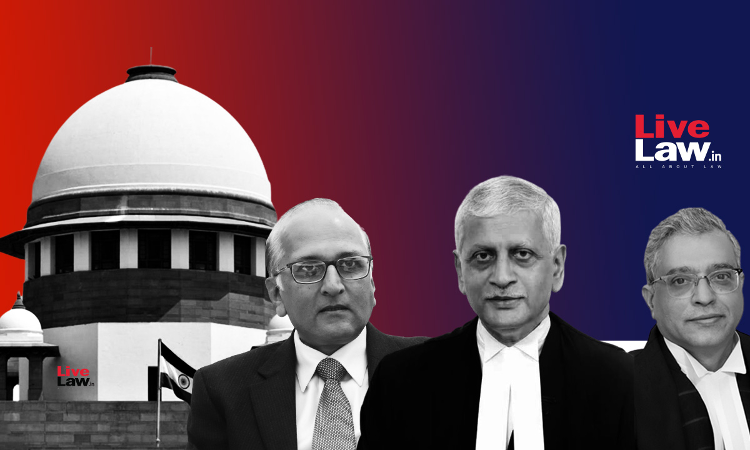Profit Oriented Educational Trusts Can't Claim Income Tax Exemption; Education Must Be Sole Objective : Supreme Court
Ashok KM
19 Oct 2022 6:13 PM IST

Next Story
19 Oct 2022 6:13 PM IST
The Supreme Court held that educational trust or societies, which seek exemption under Section 10 (23C) of Income Tax Act, should solely be concerned with education, or education related activities.Where the objective of the institution appears to be profit-oriented, such institutions would not be entitled to approval , the bench of CJI Uday Umesh Lalit, Justices S. Ravindra Bhat and P...
